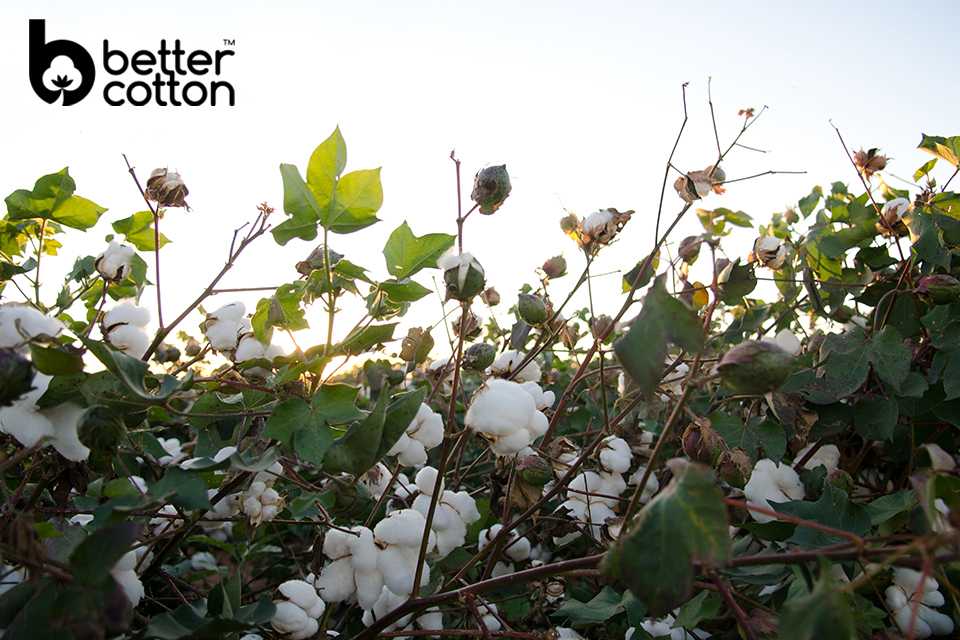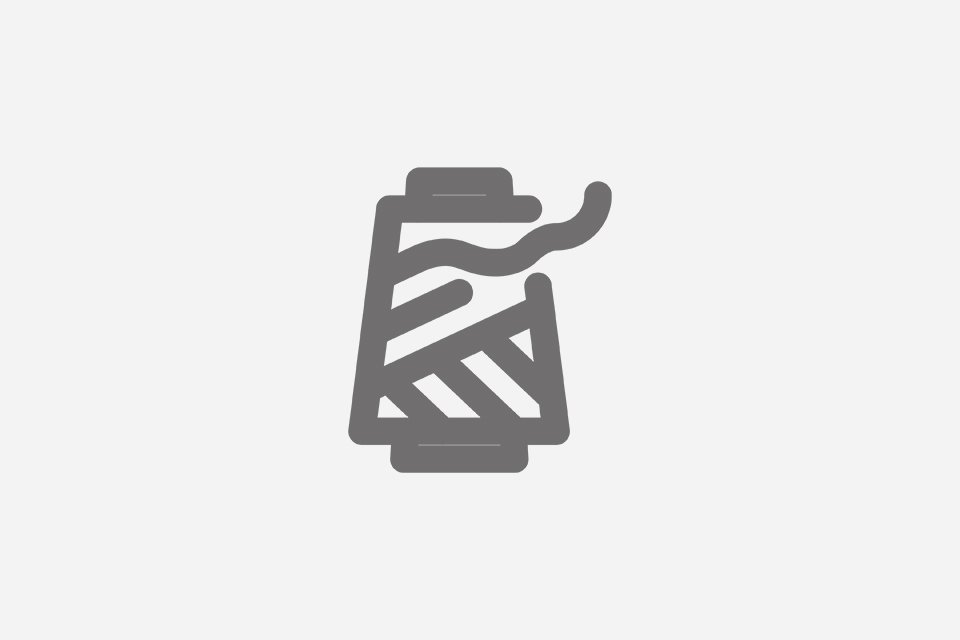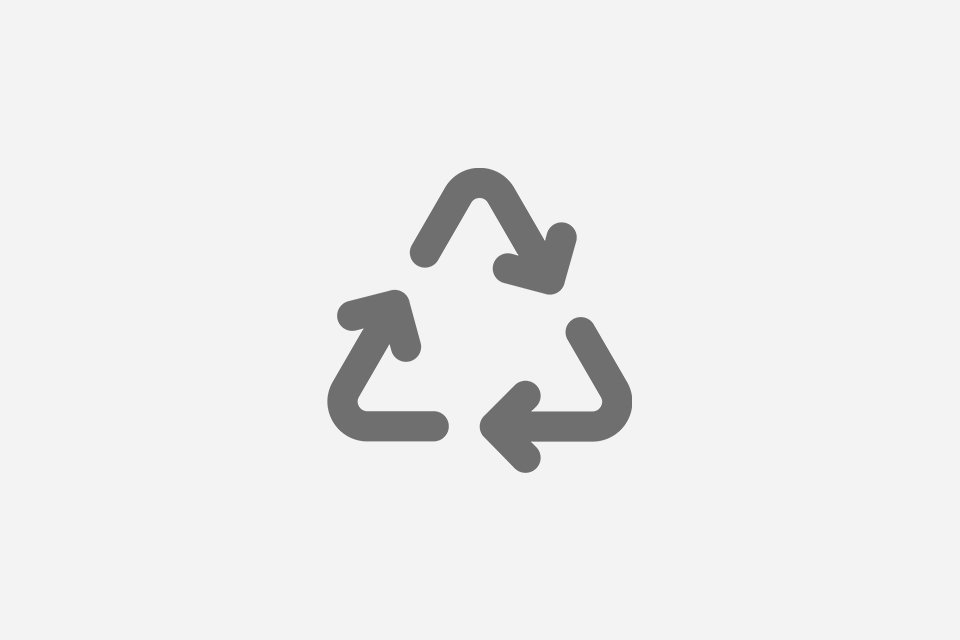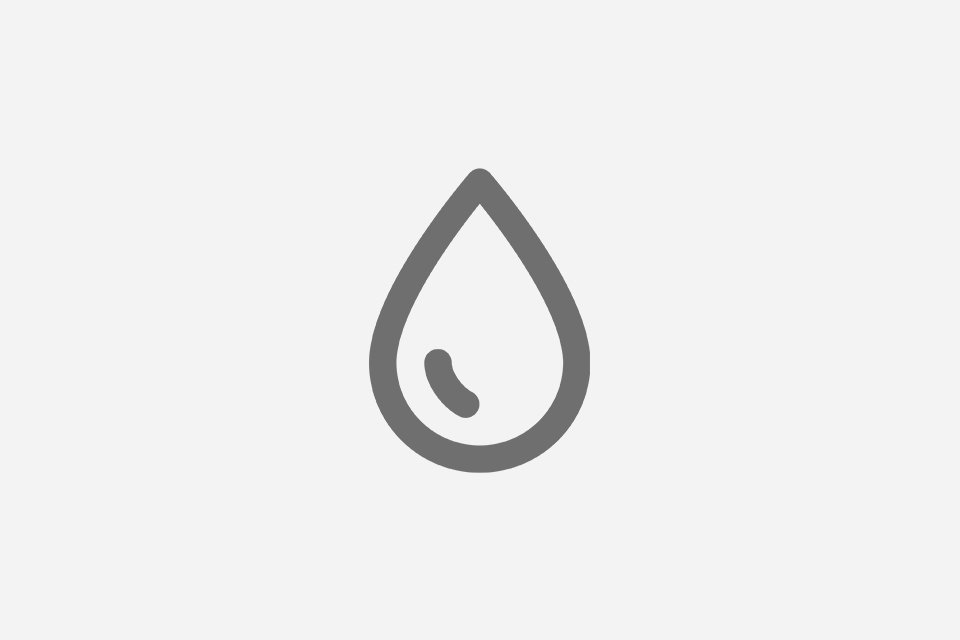Materials
We want to do better for the planet, but still create the clothes that you love. Using the following routes, we want to make sure the materials used in our clothes are more responsible choices. Together we’re committed to reducing the impact on our planet.
Across our combined business cotton is an important fibre used across a wide range of products, and in Tu clothing it represents 50% of our total fibre usage.
The environmental impacts of cotton production can vary depending on the agricultural practices used on farm. As its typically grown in water scarce regions, irrigation systems that are not well managed can lead to high water consumption. Cotton production is also associated with intensive use of agrochemicals and fertilisers, which can lead to water pollution.
We’re committed to increasing our sourcing of more sustainable cotton to help address these global challenges and our policy outlines our expectations for suppliers to work together towards this aim.

Better Cotton Initiative
Through our collaboration with the Better Cotton Initiative, we have also made significant progress and 97 per cent of cotton was sourced sustainably across our ranges in 23-24
Better Cotton is sourced via a system of Mass Balance and is not physically traceable to end products. However, BCI Farmers benefit from the demand for Better Cotton in equivalent volumes to those we source.
By buying cotton products from Tu, you’re supporting the Better Cotton Initiative Farmers who are trained to use water efficiently, care for soil health and natural habitats, reduce use of the most harmful chemicals, and respect workers’ rights and wellbeing.
In 2023-24 97.4% of the cotton for our clothing and general merchandise was sourced through the BCI. Thanks to our sourcing of Better Cotton, the below estimated savings and additional profit have been calculated by BCI:
- Water savings: in 2023, an estimated 9.8 million m3 of water were saved
- Pesticide savings: in 2023, an estimated 5,976kg of pesticides were avoided
- Additional profit: in 2023, Better Cotton Farmers benefited from an estimated US$2.1million
Organic Cotton
Organic cotton is grown from non-genetically modified seeds. The advantages of the use of certified organic cotton are the exclusion of pesticides, fertilisers and herbicides.
It is grown using methods and materials that have a less detrimental impact on the environment, and production ensures the health of the soil, people, and the ecosystem.
Recycled Polyester
Here at Tu, we are committed to driving the ongoing use of recycled polyester throughout our clothing ranges, to help to direct otherwise redundant plastics away from the waste stream and give these materials a second lease of life.

Man Made Cellulosic Fibres (MMCF)
Manmade cellulosic fibres are the third most used fibre in our Tu clothing range and represents critical value to our business. We recognise the challenges involved in sourcing viscose and other manmade regenerated cellulosic fibres from an environmental, economic and social sustainability perspective which is why we have created a policy designed to communicate our expectations and standards to suppliers. We want to ensure these fibres used in our products are created as sustainably as possible, and the policy outlines our expectations for suppliers to work together towards this aim.
Through our Plan for Better commitments and work with the Changing Markets Foundation and Canopy, we are committed to sourcing Deforestation and Conversion Free (DCF) forest-risk commodities by 2025, including timber. This includes eliminating fibres originating from Ancient and Endangered Forests.
This is in line with the Canopy goals. By sourcing sustainable MMCF fibres we are confident that the fibres do not come from one of these forests: Ancient and Endangered forests of the world - Canopy (canopyplanet.org)
Being transparent about how we communicate with our suppliers, source our products and protect our colleagues is important to us. This year we published new policies for key raw materials, including, Palm oil, Leather, Precious metals and minerals, and Feather and down to help us build a more resilient and transparent supply chain through the products we source.
Find all our sustainability policies on our brand website.
?$sfpoi:$sfcenter}&sm=aspect&aspect=2:1&sfcenter=center&sfpoi=poi&qlt=50&fmt=auto&noiser=0&fmt.jpeg.interlaced=true&fmt.jp2.qlt=40&w=600&)
?$sfpoi:$sfcenter}&sm=aspect&aspect=2:1&sfcenter=center&sfpoi=poi&qlt=50&fmt=auto&noiser=0&fmt.jpeg.interlaced=true&fmt.jp2.qlt=40&w=600&)
?$sfpoi:$sfcenter}&sm=aspect&aspect=2:1&sfcenter=center&sfpoi=poi&qlt=50&fmt=auto&noiser=0&fmt.jpeg.interlaced=true&fmt.jp2.qlt=40&w=600&)
?$sfpoi:$sfcenter}&sm=aspect&aspect=2:1&sfcenter=center&sfpoi=poi&qlt=50&fmt=auto&noiser=0&fmt.jpeg.interlaced=true&fmt.jp2.qlt=40&w=600&)